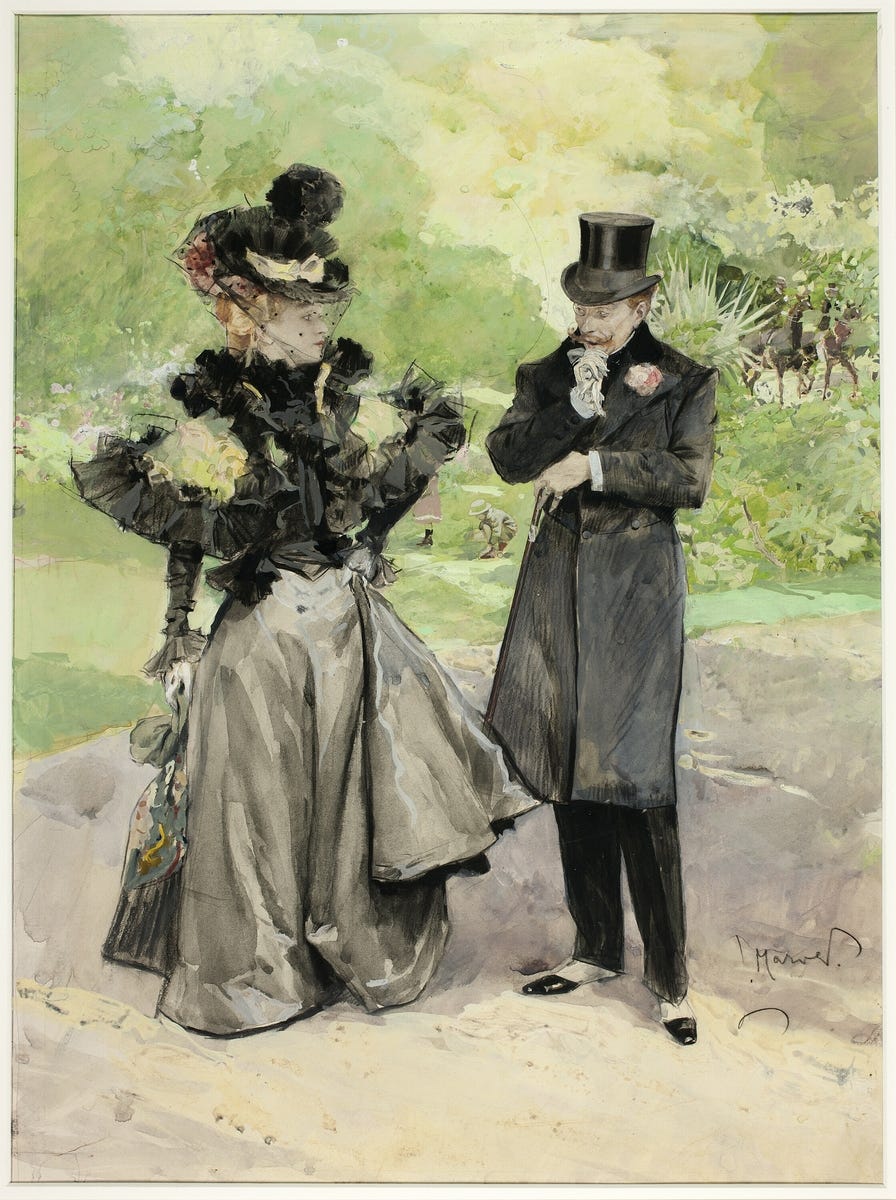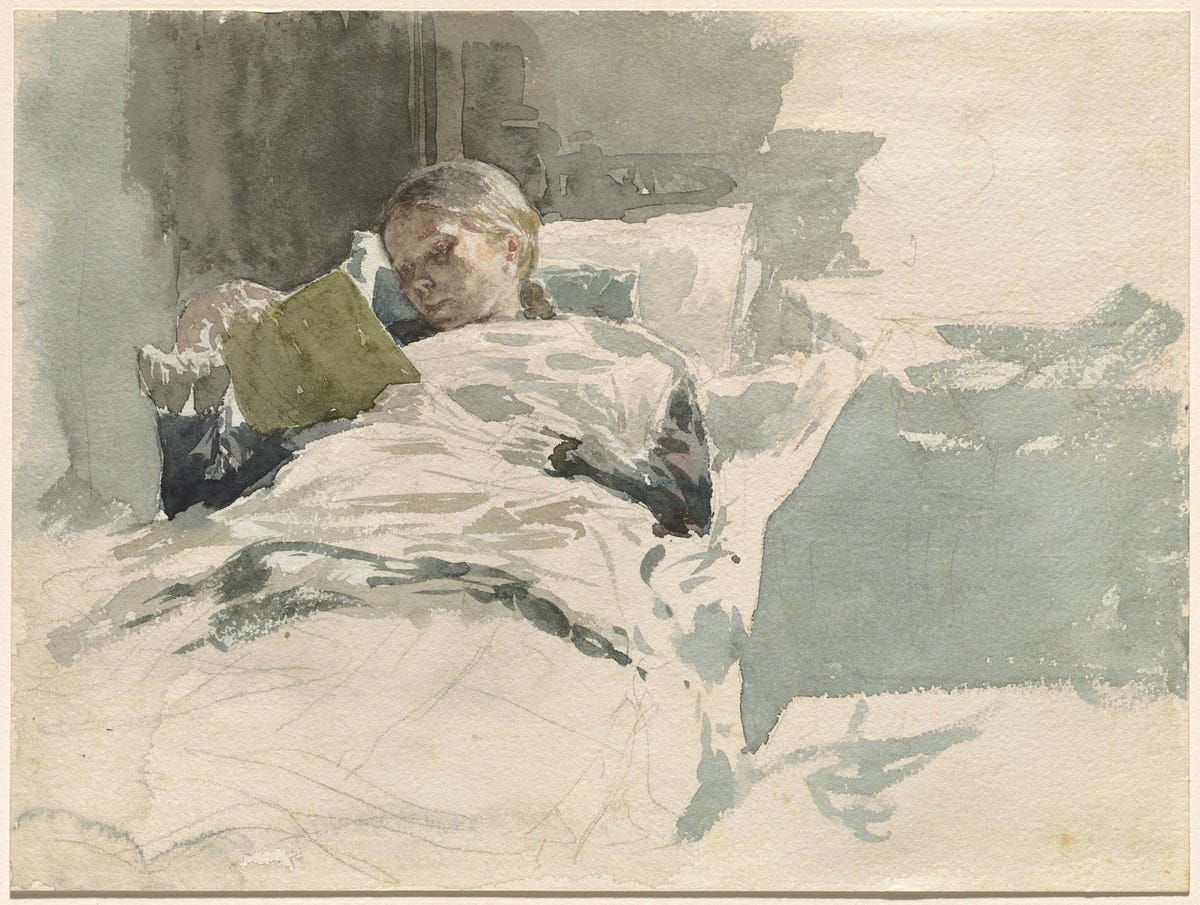The inimitable G. K. Chesterton was one of the most prolific writers of the 20th Century.
According to biographer Dale Ahlquist, “Gilbert Keith Chesterton (1874-1936) cannot be summed up in one sentence.” No surprise there. In addition to writing books, poems, plays, and short stories, the famed English author penned over 4,000 essays, making his immense corpus nearly impossible to digest.
This begs the question: where to begin?
Treasured for their wit, wisdom, and perennial sense of wonder, Chesterton’s essays beckon readers to escape into a more sensical world and serve as an excellent introduction to one of history’s most gifted minds. His words will make you laugh and upend how you think about tradition, morality, myths, industry, sleeping, adventures, and inconveniences — perhaps all at once.
Here we have compiled four of our favorite essays to help you sort through the inexhaustible trove. Choose one and dive in; we can guarantee you it will be a better use of your time than scrolling on social media, watching the news, or, for that matter, probably most anything you were planning on doing today. (Once you get started, you may be tempted to read them all.)
If you want to make Chesterton mad, try suggesting to him that fairy stories aren’t real.
Modern man, he points out, has developed the sorry habit of sticking his nose up at children’s literature. But the classic myths and legends often convey deeper, more abiding truths than the self-important books self-important people tend to read.
“The modern novels stood before me … in a stack; and you can imagine their titles for yourself,” he recounts. “There was ‘Suburban Sue: A Tale of Psychology,’ and also ‘Psychological Sue: A Tale of Suburbia’; there was ‘Trixy: A Temperament,’ and ‘Man-Hate: A Monochrome,’ and all those nice things. I read them with real interest, but, curiously enough, I grew tired of them at last, and when I saw “Grimm’s Fairy Tales” lying accidentally on the table, I gave a cry of indecent joy. Here at least, here at last, one could find a little common sense. I opened the book, and my eyes fell on these splendid and satisfying words, ‘The Dragon’s Grandmother.’ That at least was reasonable; that at least was true.”
That’s when Chesterton is interrupted by a boringly drab man who offers the unsolicited opinion that he does not believe in fairy tales. What ensues is a vigorous debate in which Chesterton rationally defends why sane people must believe in horses with six legs, giants with two heads, and, of course, the Dragon’s Grandmother.
In one of his most famous essays, Chesterton reveals that if he only had one sermon to preach, it would be a sermon against pride. All evil, he says, can be traced back to this terrible sin; “a sneer in Heaven”; the moment that Satan tried (rather unsuccessfully) to make himself the center of the universe.
Ever since, humanity has followed in his footsteps. Pride, the author claims, does not merely corrupt the virtues; it also exacerbates the vices. A man may struggle with degeneracy and regard it as a weakness. “But once let that sort of man regard his own weakness as a strength, and you have somebody entirely different.”
This is why Chesterton emphatically states man must never become the center of his universe, for once he does, the impetus for personal reform vanishes.
“The phrase would probably be misunderstood; but I should begin my sermon by telling people not to enjoy themselves. I should tell them to enjoy dances and theatres and joy-rides and champagne and oysters; to enjoy jazz and cocktails and night-clubs if they can enjoy nothing better; to enjoy bigamy and burglary and any crime in the calendar, in preference to this other alternative; but never to learn to enjoy themselves.”
“Human beings are happy so long as they retain the receptive power and the power of reaction in surprise and gratitude to something outside,” he continues. “So long as they have this they have as the greatest minds have always declared, a something that is present in childhood and which can still preserve and invigorate manhood. The moment the self within is consciously felt as something superior to any of the gifts that can be brought to it, or any of the adventures that it may enjoy, there has appeared a sort of self-devouring fastidiousness and a disenchantment in advance, which fulfils all the Tartarean emblems of thirst and of despair.”
In other words, as long as man perceives himself as secondary, the hope for change remains. But once that disappears, once the self is crowned king, even his basest habits become untouchable.
Why so serious?
Chesterton wants to know why we’re all so immensely annoyed when the wind blows the hats off our heads. “The true optimist who sees in [everyday nuisances] an opportunity for enjoyment is quite as logical and much more sensible than the ordinary ‘Indignant Ratepayer’ who sees in them an opportunity for grumbling,” he writes.
It all depends on one’s perspective. Just a spoonful of positivity can transform floods, toothaches, long lines, and jammed drawers into thrilling side quests in the riveting novella of one’s day. As the author points out: “An adventure is only an inconvenience rightly considered. An inconvenience is only an adventure wrongly considered.”
If only more of us lived our lives with this view, perhaps we wouldn’t find ourselves so endlessly chagrined. We should all take Chesterton’s advice and embrace the “riotous pleasure” of running after our hats when the wind displaces them from our heads. After all, he says, the day may come when “hat-hunting on windy days will be the sport of the upper classes ….”








